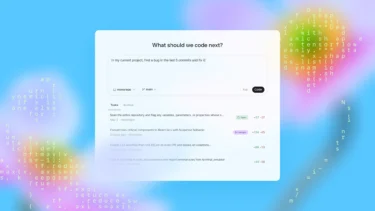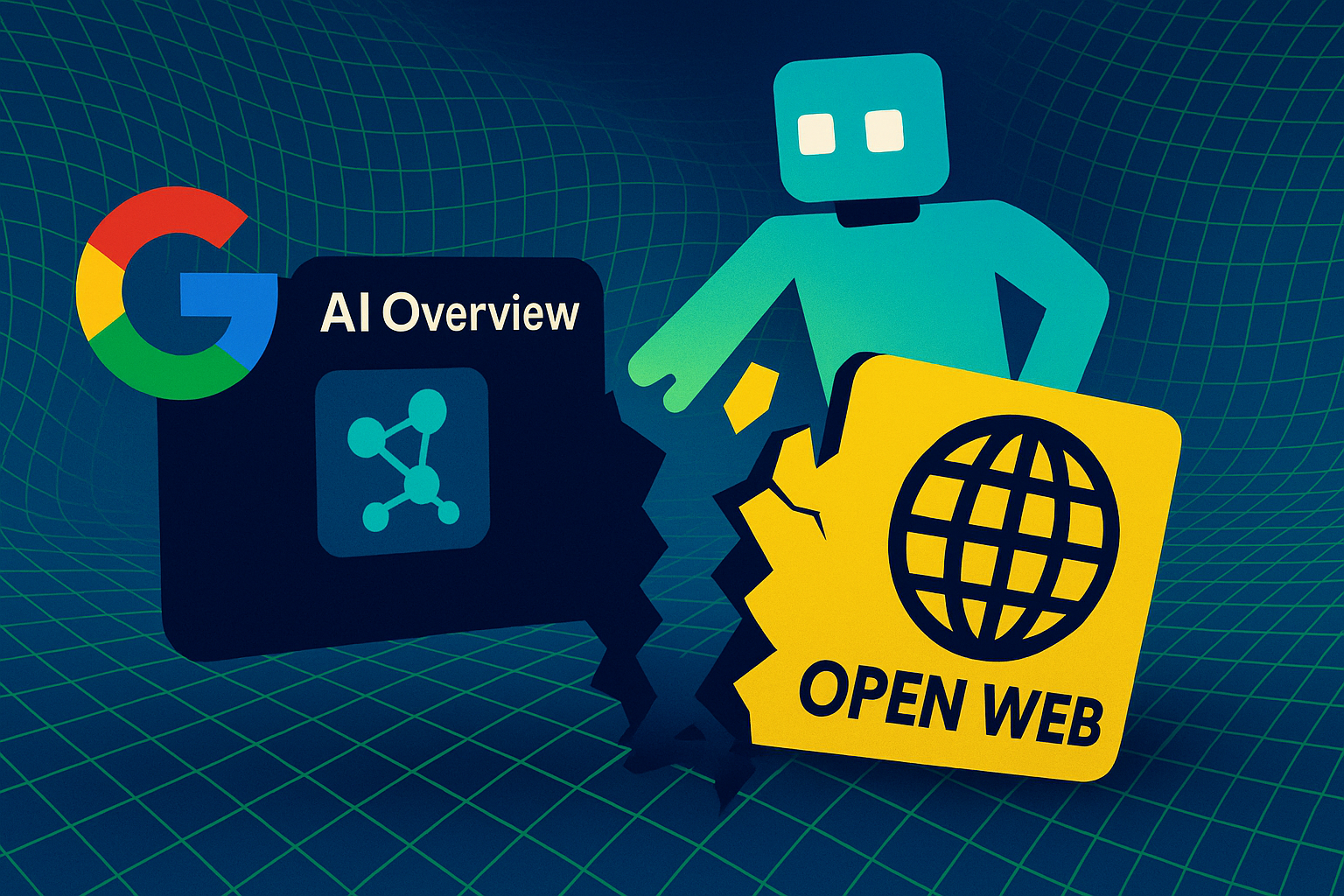Sir Elton John is criticizing the British government over its proposed copyright law changes that would benefit AI companies. On the BBC's "Sunday with Laura Kuenssberg," John called the plans "thievery on a high scale" and said he felt "incredibly betrayed." The move comes after the House of Commons rejected a House of Lords amendment aimed at increasing transparency around how AI uses copyrighted materials.
Other artists and industry groups are joining the pushback. UK Music, James Graham, Paul McCartney, and others warn that weakening copyright protections for big tech companies could damage the creative industry. The government says it is looking for a solution that balances the needs of creatives and technology firms, and plans to release a report on the possible paths forward.
The Chinese startup Synyi AI is piloting its first AI-powered medical clinic in Saudi Arabia. At the clinic, located in the eastern part of the country, a virtual doctor called "Dr. Hua" handles diagnoses and drafts treatment recommendations, which are then reviewed and signed by a human physician. The system analyzes symptoms, images, and patient data collected by human assistants. For now, Synyi AI focuses on respiratory illnesses, covering around 30 conditions such as asthma and pharyngitis. The company plans to expand the service to about 50 diseases in the future, including gastroenterological and dermatological conditions. The pilot is designed to generate data needed for regulatory approval in Saudi Arabia. Synyi, which is backed by Tencent, aims to open more clinics and broaden the AI's range to additional diseases. Saudi Arabia is the company's first international market.










